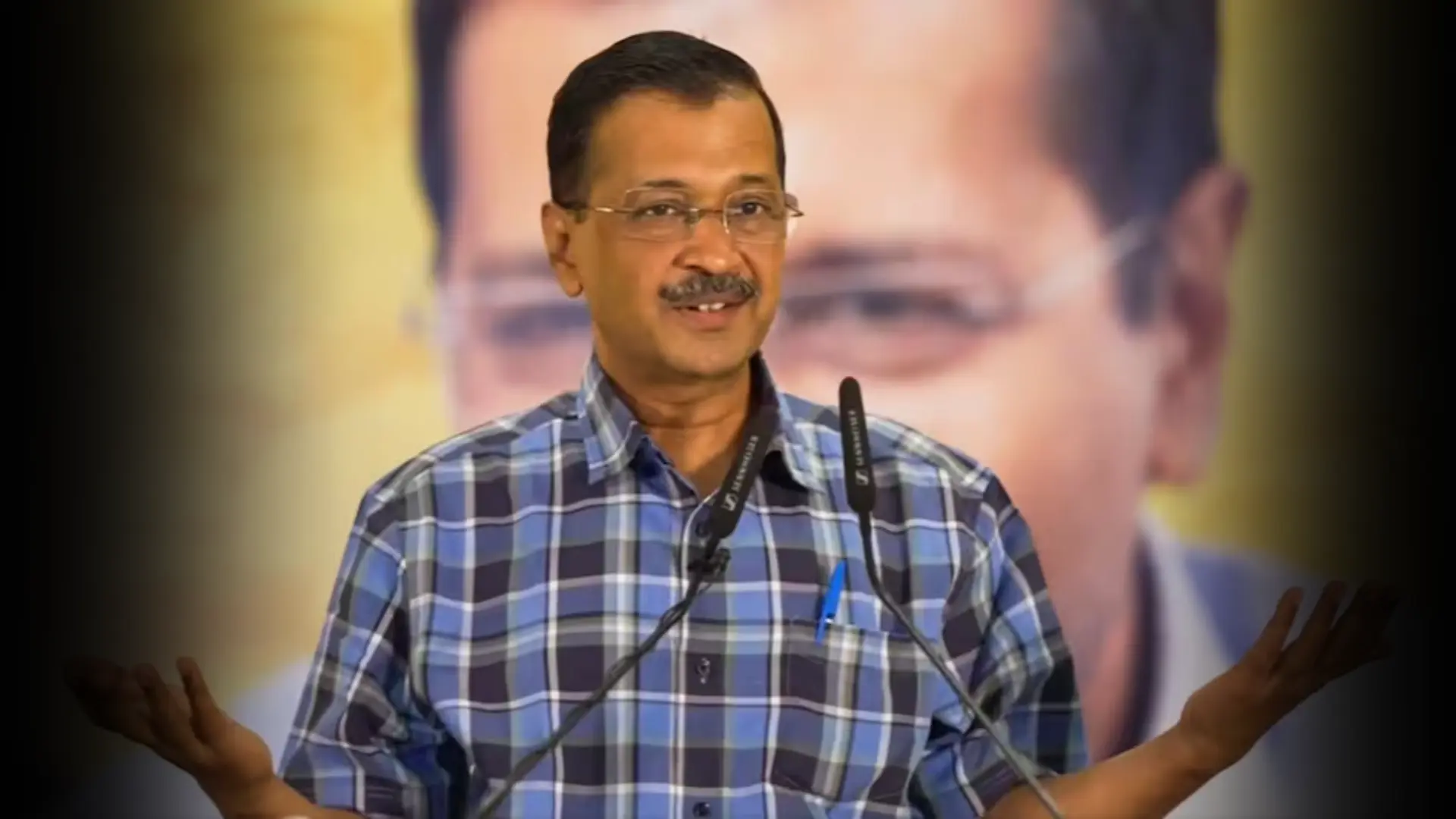In an emotional Instagram post shared on Sunday, January 5, Popular YouTuber and social media influencer Ankush Bahuguna opened up about how he became a victim of a digital arrest scam and was kept at hostage for 40 long hours.
“I Can’t Believe This Happened to Me”
Ankush began by explaining his absence from social media over the past three days. “I have been missing from social media and everywhere for the last three days. I was held hostage by some scammers for 40 hours. I have lost money, I have lost my mental health to this. I can’t believe this has happened to me,” he said in the video.
Through the post, Ankush emphasized his intent to raise awareness about such scams to protect others. “Sharing this, so others don’t have to go through what I went through. I feel so lucky to have friends with such strong instincts who noticed a change in my behaviour even when I was sending ‘I’m okay’ texts,” he added.
He also warned, “I know a lot of you are aware of it, but I don’t think a lot of people understand the extent to which these scammers can go to control you.”
Here’s How the Scam Began
It all began when Ankush unexpectedly got an automated call from an international number starting with +1. The message claimed that his courier delivery had been cancelled and prompted him to press zero for support.
“It seemed like an international number. I picked it up without thinking much. It was an automated call that said your courier delivery had been cancelled. Press zero for support,” he explained.
Curious, he pressed zero, a decision he now regrets deeply. “Biggest mistake of my life,” he admitted.
What followed was a manipulative conversation with a so-called customer support agent, who informed him that a package in his name, allegedly bound for China, contained illegal items. “He told me, ‘Sir, aapke package mein illegal saaman pakda gaya hai [something illegal has been detected in your package],’” Ankush recalled.
Ankush denied it, however he was told that his name, Aadhaar number, and other personal details were linked to the package. The scammers escalated the situation by claiming that an arrest warrant had been issued against him and that he was now under “digital arrest.”
Later the scammers transferred the call to a supposed police officer on WhatsApp. “I don’t know how the call then gets transferred to a WhatsApp call, which is a video call with a police officer… he is in police ki wardi [police uniform],” Ankush shared.
The fake officer accused him of involvement in money laundering, drug trafficking, and other serious crimes, convincing him that he was a “prime suspect” in a national case. The scammers further manipulated him by isolating him from his friends and family.
“They told me I was under ‘self-custody’ and instructed me to cut off all communication with the outside world. I was kept on a video call with them for 40 hours. I couldn’t respond to messages or make any phone calls,” Ankush said, describing how the scammers extracted every piece of information from him.
When did he realised?
At one point, the scammers directed him to visit a bank to make suspicious transactions. However, the transactions didn’t go through because the branch was closed.
It wasn’t until a friend contacted him, sensing something was wrong, that Ankush realized he had been scammed.
“I feel so lucky to have friends with such strong instincts,” he said, crediting them for noticing changes in his behaviour despite his attempts to reassure them.
Addressing those who might question how he fell for the scam, Ankush said in a follow-up comment, “Not everybody reacts the same way to panic. Instead of calling this stupid, make people around you aware of it.”
He concluded by urging everyone to stay vigilant and informed about the rising prevalence of such scams. “It’s very rampant, and instances like this are happening so much. While some people might recognize the fraud immediately, others may not be so lucky,” he noted.
Digital scams, like the one Ankush experienced, have become increasingly common as fraudsters exploit personal information and employ psychological manipulation to deceive victims.
The rise of digital platforms has made it easier for scammers to target individuals, including high-profile influencers like Ankush Bahuguna.
ALSO READ: BTS’ V In Squid Game Season 3? Fans Speculate After Cast Rumors Spark Buzz



















